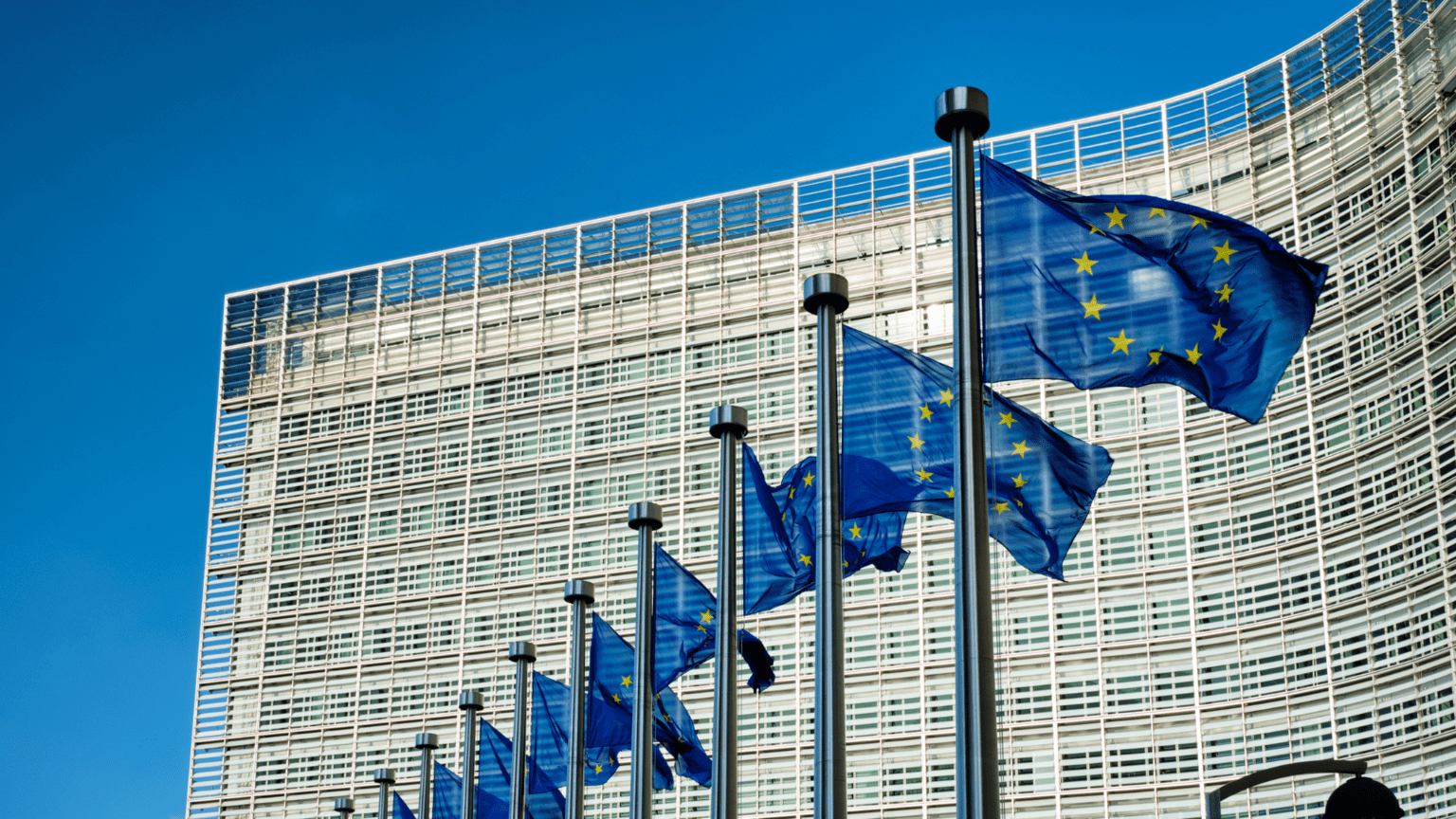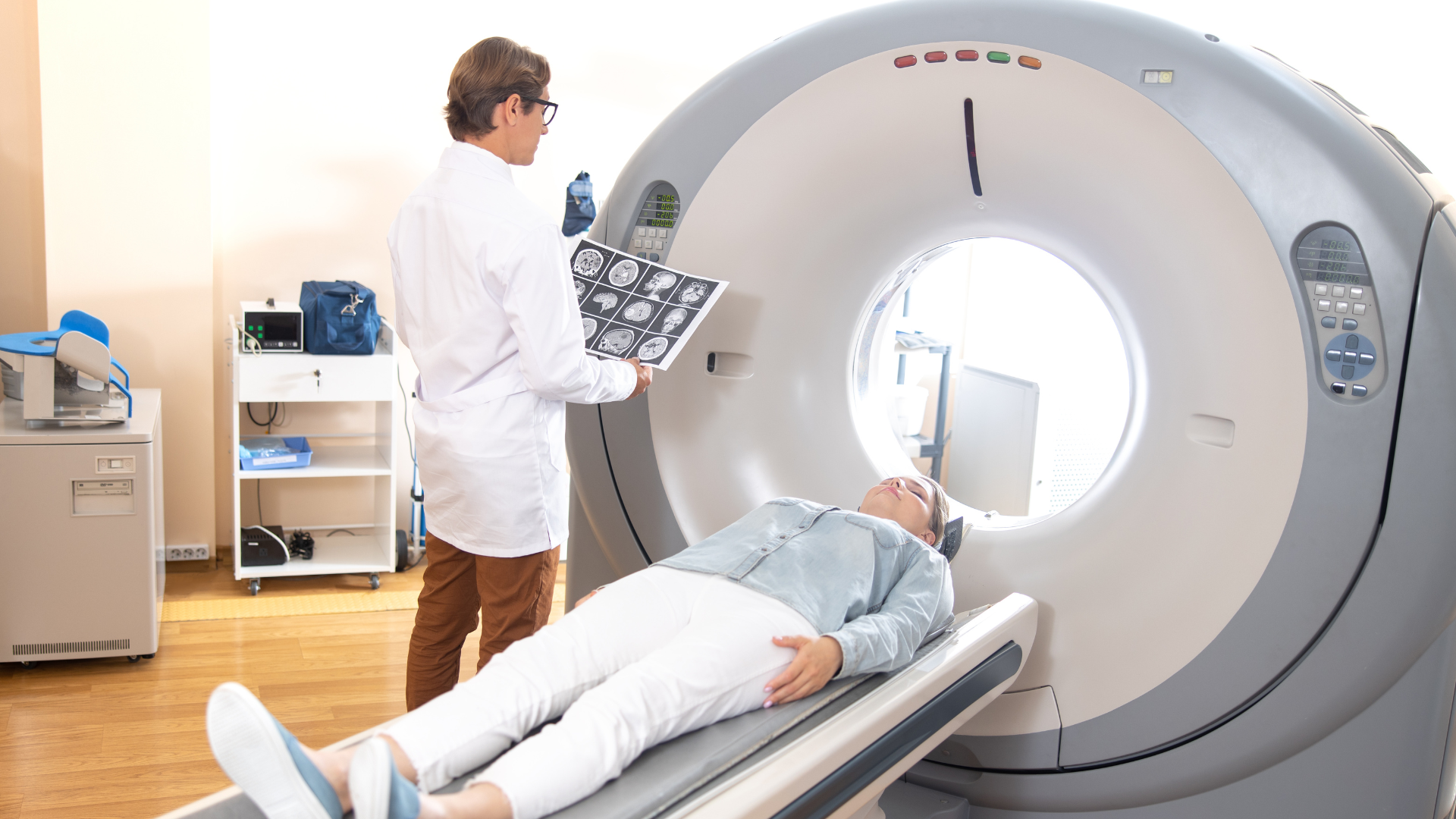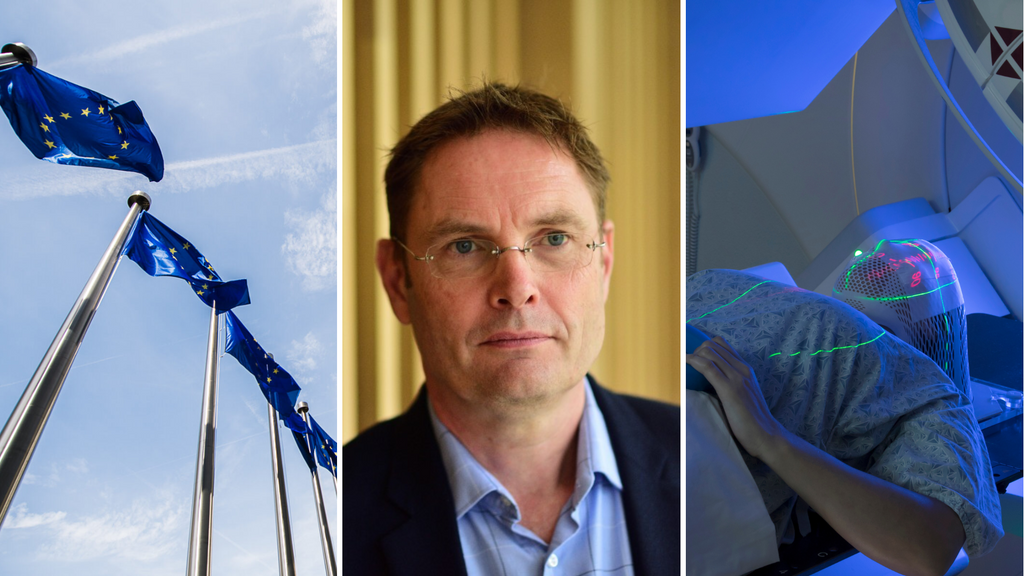World Cancer Day in February of 2021 saw the European Commission unveil its Beating Cancer Plan to tackle the disease with a renewed focus on four key areas: prevention, early detection, diagnosis and treatment as well as the quality of life of cancer patients and survivors.
Two and a half years on and the fight continues, bringing Greg Rossi, Head of Oncology Europe and Canada at AstraZeneca, to Brussels for meetings with MEPs to discuss the current state of cancer care and advise on "future-proofing" oncology in Europe.
In conversation with The Brussels Times, Rossi was optimistic about "willingness (of MEPs) to understand the implications of certain regulations and legislations, not just to improve the financial management or resilience of the health system but to really improve the outcomes for patients."
Cancer care today
Reflecting on 11 years working in oncology for AstraZeneca, Rossi spoke of progress that is "night and day" from 25 years ago to where we are today. "When I started, we were talking about how to increase the intensity of chemotherapy while managing the toxicities for individual patients." Now, he says, things have moved on and "the innovation is accelerating."
But with innovation has come a growing number of cancer diagnoses that are burdening health care systems in Europe. "We have about one-tenth of the world population in Europe and yet we account for about 20 to 25% of the instance of cancer." Rossi points to an older population and normalised behaviours like smoking as some of the likely reasons behind this.
And positive signs from the MEPs won't bring change by itself, with Rossi arguing it should be higher on the agenda. He pointed out that cancer is the second leading cause of death in Europe, set to become the primary cause by 2030. "The European Beating Cancer Plan is a great start, but I worry that people think that will be enough."

Credit: Canva
The EU Commission supports Member States in implementing the actions listed in Europe's Beat Cancer Plan. But disparities across the bloc are clear, in particular regarding access to cancer treatment and the quality of care.
People with lower levels of education have higher mortality rates for almost all types of cancer rates. Similarly, breast screening participation rates are 25% higher among high-income women than low-income women. How this maps onto the EU as whole is especially revealing: the five-year cancer survival rate ranges from 74%-77% in Estonia and Lithuania to 89% in Sweden and Finland.
To improve the current state of affairs Rossi speaks of coordinating resources to ensure equitable access between Member States.
Data capabilities and new technologies
Besides expanding detection and diagnosis capabilities, Rossi emphasised a need for greater data sharing capabilities. This would be complemented by the practical capacity to implement advancing technologies.
"Data and data sharing is a way for us to trace the pattern and outcomes of care across Europe. Data will allow us to accelerate better outcomes but you need to be able to measure outcomes to be able to understand them. That's a critical point at which the European Union can really help."
This brings in questions of AI, which in Belgium is already being used to support radiologists. "I 100% think that machine learning AI is going to be revolutionary to the healthcare industry." He expects this new processing power will make the field vastly more efficient but will not replace healthcare workers themselves.

Credit: Canva
But in order to reap the benefits, Rossi makes clear the need for European Healthcare Systems to train the next generation of healthcare providers in these types of technologies. In other words, "future-proofing" cancer care.
The specialist saved a final word for Europe nurturing a "friendly ecosystem" to attract private investment and keep the region competitive from an industrial point of view.

